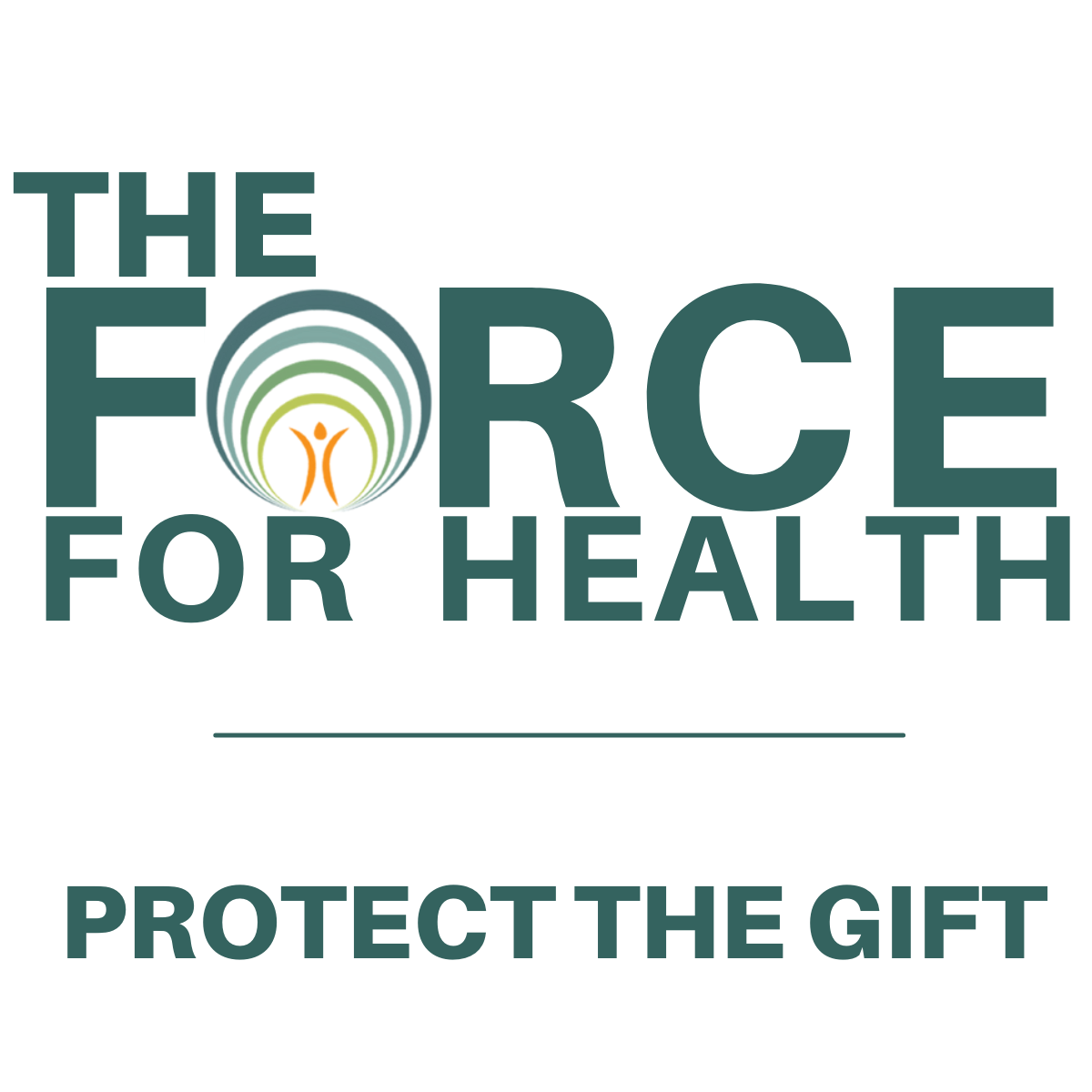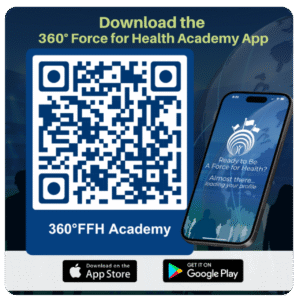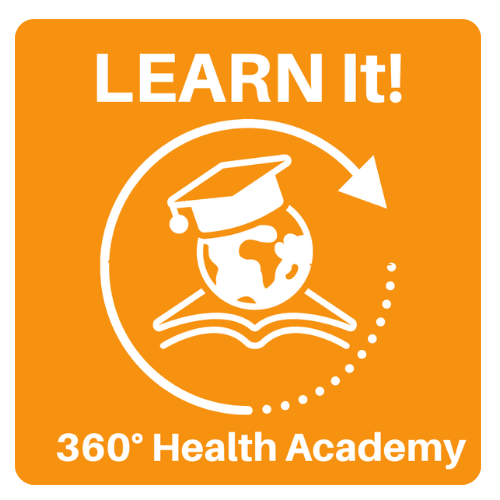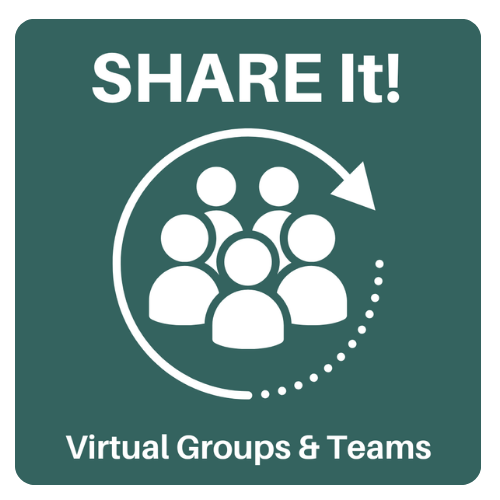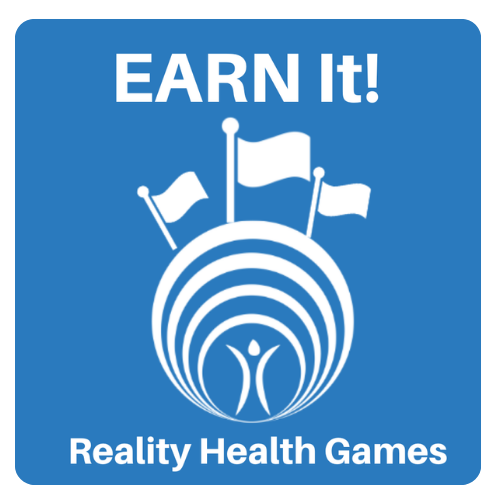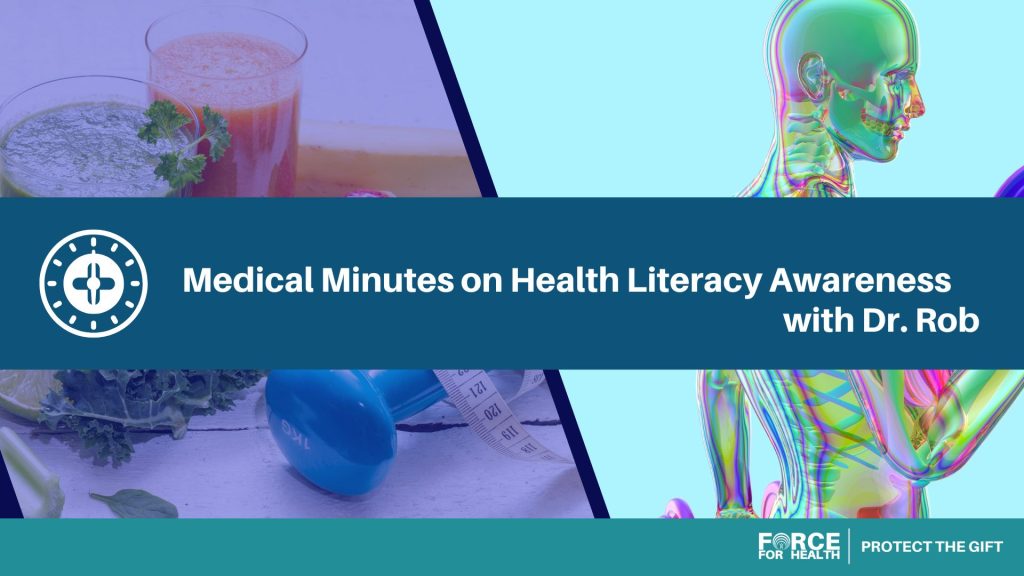
Health Literacy Month Introduction
It is a time when we need to be able to care for ourselves and be resources for others to maintain or regain their health. Its call health literacy. Watch Dr. Rob as he introduces the topic and then engage with all the badges and challenges….they all are part of health literacy.
Dr. Rob’s Video Transcript
Health Literacy
What does that mean? Only about 12% of Americans have proficient health literacy, meaning they fully understand healthcare concepts, information, and how to make informed health decisions and access healthcare.
Hi, this is Dr. Rob with Dr. Rob’s Medical Minutes, and health literacy is my passion. Why is it important? Health literacy empowers people to take control of their health—making one healthy decision at a time, at the right time—improving outcomes and reducing healthcare costs. Understanding medical information helps individuals manage chronic conditions, make informed decisions, and communicate effectively with their healthcare providers about symptoms and findings.
Low health literacy can lead to medication errors, wrong site surgeries, difficulty following medical instructions, and underuse of preventive services. Patients with limited health literacy may feel overwhelmed by medical information or uncertain about how to best manage their health.
What should you do if you have questions or feel unsure about your health plan or how to get access? Speak up. Ask your doctor to clarify information or provide resources, or repeat information if needed. Call the number on the back of your insurance card and ask for information on what’s covered. Use trusted sources of health information such as your pharmacist, the Centers for Disease Control, or the National Institutes of Health website.
Use the Force for Health and Force for Health Network—it’s free—and share that information with others if you wish. Consider bringing a family member or friend to your appointments as your companion to take notes and ask questions with you to help you remember important details.
Taking charge of your health literacy is an empowering step toward better health outcomes. Be a force for your own health. Learn about what health literacy is, live it by making healthy decisions at the right time and accessing care, and share it. Share those questions and information with your doctor. Share what you know with your community to make changes. Be a Force for Health for yourself and for others by being health literate.
Understanding Health Literacy: Be a Force for Your Own Health: Especially in times of uncertain future access to health care.
By Dr. Rob, Co-Founder of the Force for Health Network
What is Health Literacy?
Health literacy means understanding healthcare information well enough to make informed decisions about your own health. Only about 12 percent of Americans are proficient in health literacy. That means most people struggle to interpret medical instructions, treatment plans, or insurance details, all of which can strongly influence health outcomes.
Why Health Literacy Matters
Health literacy empowers individuals to take control of their health, one decision at a time. When you understand and use medical information effectively, you are more likely to manage chronic conditions, make informed treatment and prevention choices, communicate clearly with healthcare providers, and avoid preventable medical errors.
Improving health literacy helps improve outcomes and reduces unnecessary healthcare costs for everyone.
Risks of Low Health Literacy
Low health literacy can result in medication errors, wrong site surgeries, misunderstanding of medical instructions, and lower use of preventive services such as screenings or vaccines.
People with limited health literacy may feel overwhelmed or unsure about how to manage their health or ask important questions.
How to Improve Your Health Literacy
- Speak up and ask questions. If something is unclear, ask your doctor or nurse to explain it again or provide printed materials.
- Use your resources. Call the number on your insurance card to ask about coverage or benefits. Ask your pharmacist for help understanding medications.
- Trust credible sources. Visit the Centers for Disease Control, the National Institutes of Health, or use the Force for Health Network for reliable information.
- Bring a companion to appointments. A family member or friend can take notes, ask questions, and help you remember key details.
- The Force for Health 360° Virtual Health Academy is an excellent resource to help you understand your health, strengthen decision-making, and stay engaged in preventive care.
Take Action: Learn It. Live It. Share It.
- Taking charge of your health literacy is a positive and empowering step toward better health outcomes.
- Learn it by understanding your health information and how to use it.
- Live it by making healthy decisions at the right time and accessing proper care when you need it.
- Share it by talking with your doctor, friends, and community to build a more health-literate society.
- Be a Force for Health for yourself and for others by being informed, engaged, and empowered.
Ready to Live it? Quiz yourself.
Health Literacy Post-Quiz
Let’s see what you know. Answer honestly. We wish to improve this lesson to better meet your needs.
Call to Action
Visit the Force for Health 360° Virtual Health Academy to learn more about health literacy and take charge of your own well-being. Click on the images below to go to the October Healthy Month Challenge.



